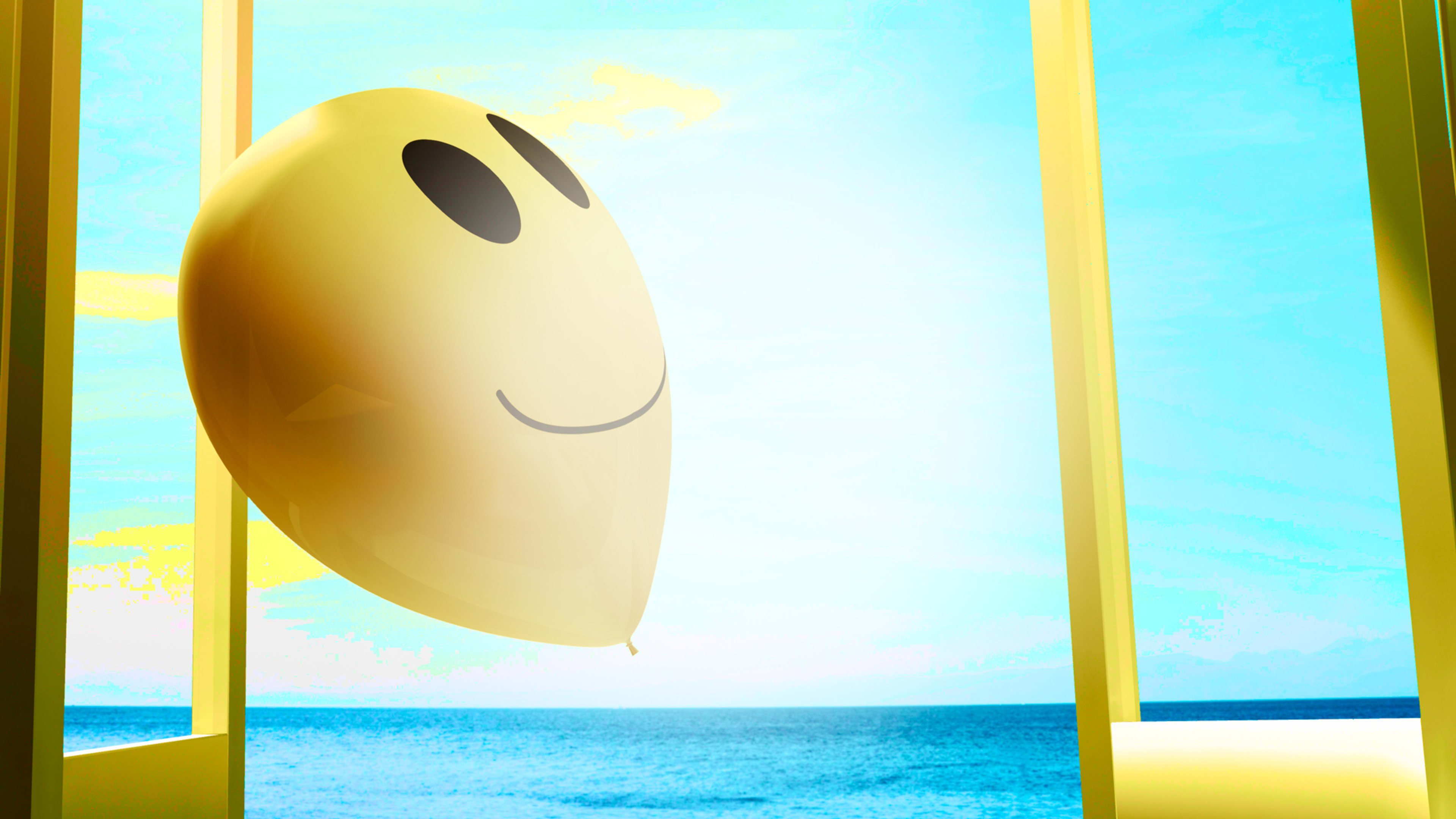“We are not meant to be perfect. We are meant to be whole.”
I’ve shared this Jane Fonda wisdom with many friends, often in an effort to inspire self-compassion and forgiveness. I never offered it to myself, though. I wasn’t naive enough to think that I could be perfect; only that perfection was my only pathway to fulfillment.
Happiness, and our potential to cultivate it, has been my compass since childhood. My email address in high school was “positivityiseverything” and I believed that gratitude could counterbalance any hardship. I carried these questions into my podcast 33voices, where I’m fortunate to speak with leading authors, doctors, and teachers about designing a meaningful life.
My conversation with author, physician, and speaker Dr. Gabor Maté was one of my most illuminating this year. His new book, The Myth of Normal: Trauma, Illness, and Healing in a Toxic Culture, is an urgent examination of society’s impact on our health. So, I was puzzled when I couldn’t stop thinking about an insight seemingly hidden in its 500 pages. He writes:
“If genuine, an inquiry is an open-ended exploration. It requires, first and foremost, humility: allowing, with Socrates, that we do not already know the answer or, better yet, the very real possibility that we haven’t yet happened upon the right questions.”
Our interview would soon reveal why. I wasn’t just asking the wrong questions about happiness. Happiness was the wrong goal. Today, I’m asking questions about wholeness instead.
What makes us whole?
The Myth of Normal helped me understand wholeness as the foundation of wellbeing. “The word health originates in a word for wholeness,” Dr.Maté says.
“Whether one looks at it from a medical or spiritual point of view: To be healthy is to be whole.
As I pondered what I saw with my patients and in my own journey, I realized that the fundamental issue is not: How do we become whole? But, how do we lose the wholeness that is our birthright and our nature? Then, how do we come back to it?”
Dr. Maté not only taught me that wholeness inspires human flourishing. He revealed a blindspot in how I approached it. In decades of pursuing how to cultivate happiness, I never stopped to ask what makes us unhappy. Moreover, I wasn’t willing to feel it.
What wants to be born?
Elizabeth Lesser’s acclaimed book, Broken Open: How Difficult Times Can Help Us Grow, invited me to delve into these aspects of the human experience. The stories of resilience—her own as an activist and teacher, along with those she’s met at The Omega Institute, the holistic education center she cofounded—lifted a weight off of me. It was the first time I realized that no matter how hard I try, I won’t always get it right.
It was a relief to accept that I’ll never be the perfect daughter, sister, or friend. Still, I was curious how she finds strength in vulnerability.
“When something difficult comes your way—whether it’s an illness, loss, or pandemic—something new is trying to be born,” she shares.
“If you resist the change and pain, you’re just going to make the transition into birth harder and longer. You could even stop it completely and you’ll never learn.
So, when things get hard in my life, I say to myself: Open, open, open. Stay open. Ask what wants to be born.”
I find myself repeating her words every time I face a challenge. As someone who rarely turns to mantras, this one really works.
Who am I in relationship to others?
The Greater Good Science Center’s free Science of Happiness course imbued my sense of hope this fall. Amidst global challenges, I was inspired by the 550,000 people committed to taking better care of themselves and each other.
I gained so much from the class that I asked to speak with Science Director Dr. Emiliana Simon-Thomas prior to our interview. Within a few minutes, she shared an insight that fundamentally shaped our conversation: ‘We often measure life satisfaction by asking: Have I been successful enough? When the real question is: Who am I in relationship to other people?’
Dr. Simon-Thomas not only illuminated that our contributions to others are what bring us lasting joy. She unveiled the difference between saying that my relationships are my priority and fully treating them that way. Her wisdom was an invitation to restructure how I spend my time.
My favorite line in Broken Open is: “If there is one thing that has made a difference in my life, it is the courage to turn and face what wants to change within me.” I’m thankful to these teachers for helping me do so, and hope they may do the same for you.
Jenna Abdou is the creator and host of 33Voices.
Recognize your brand’s excellence by applying to this year’s Brands That Matter Awards before the early-rate deadline, May 3.
